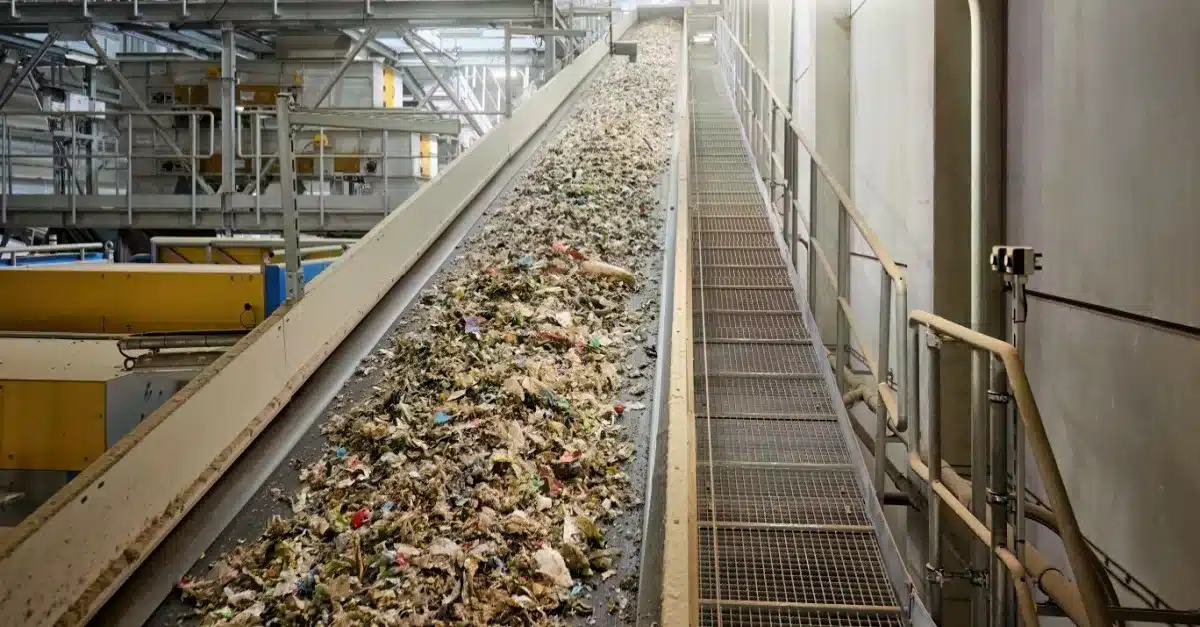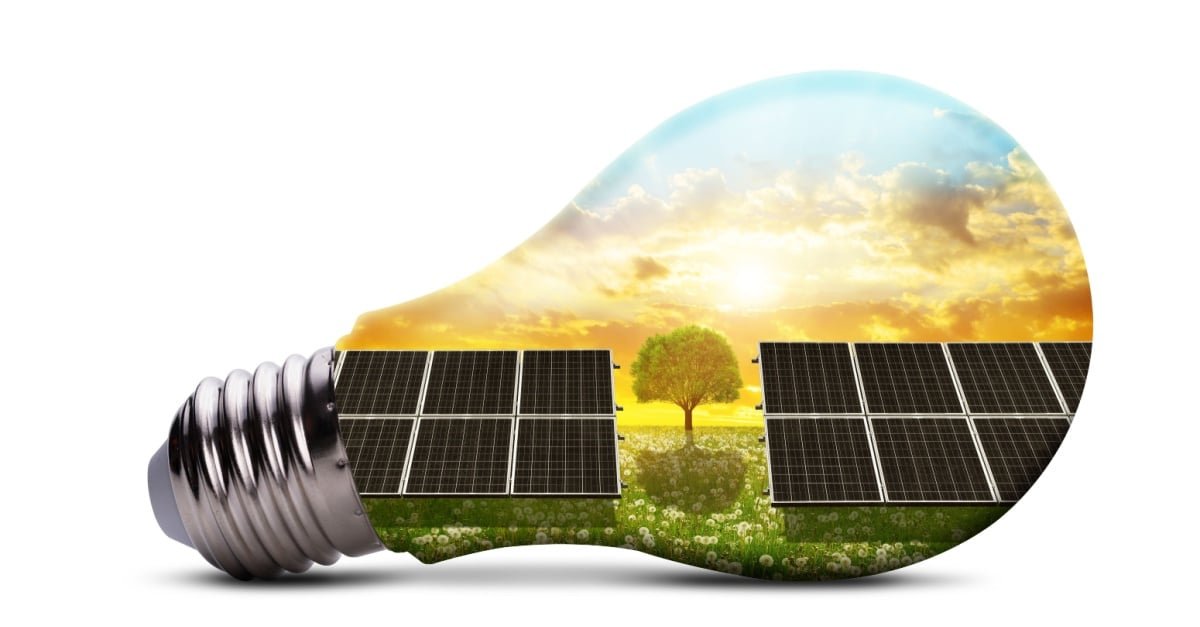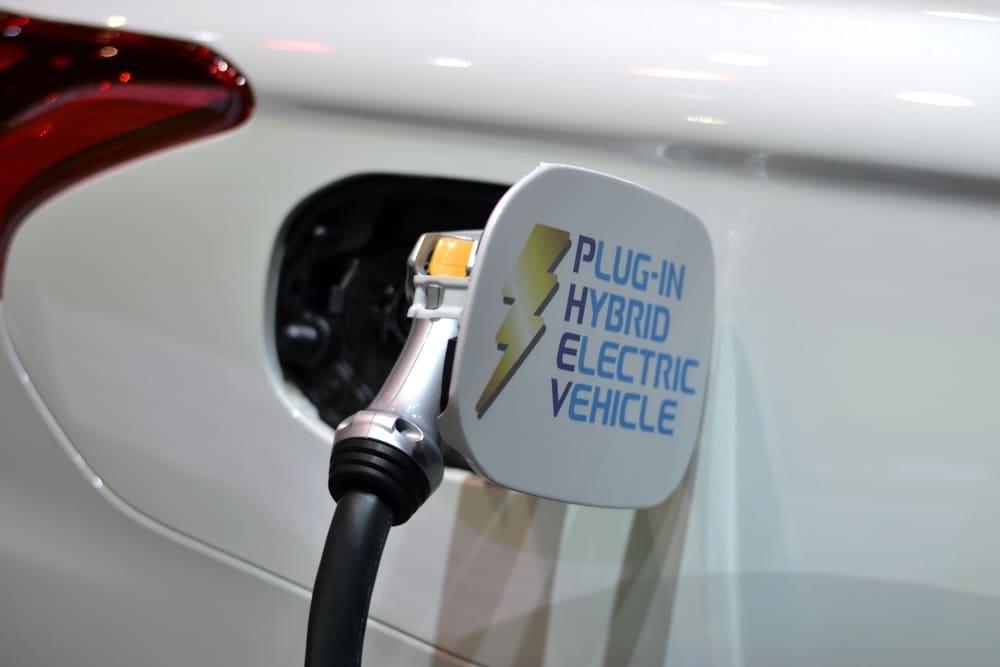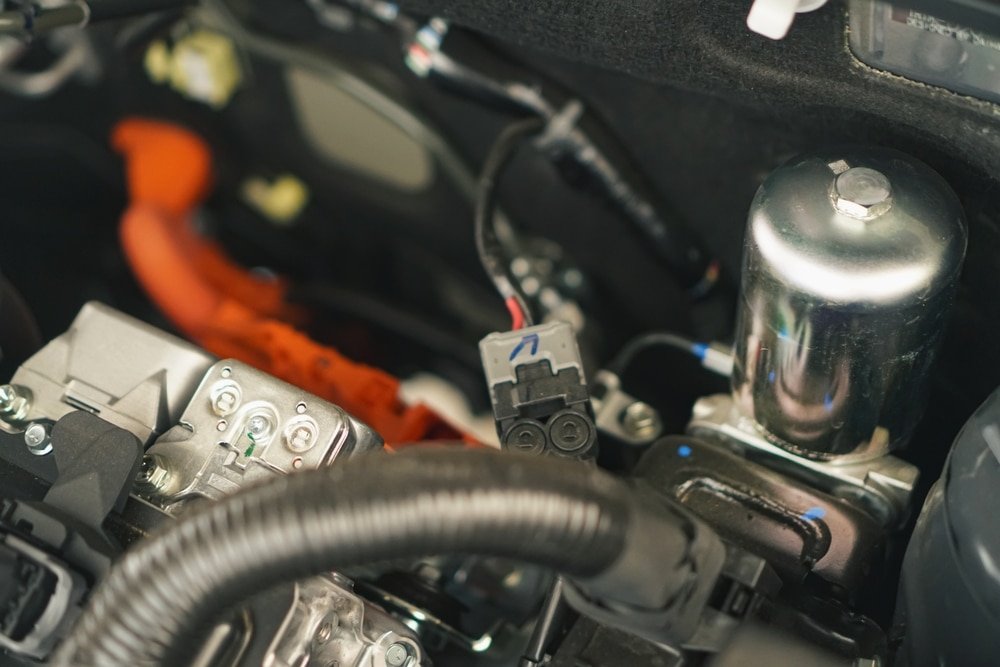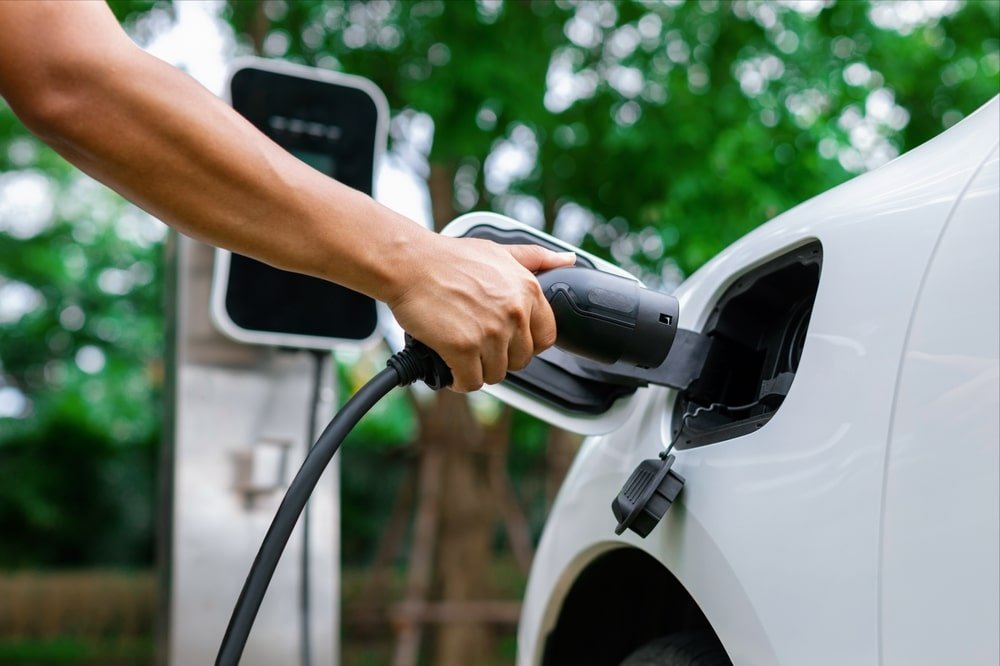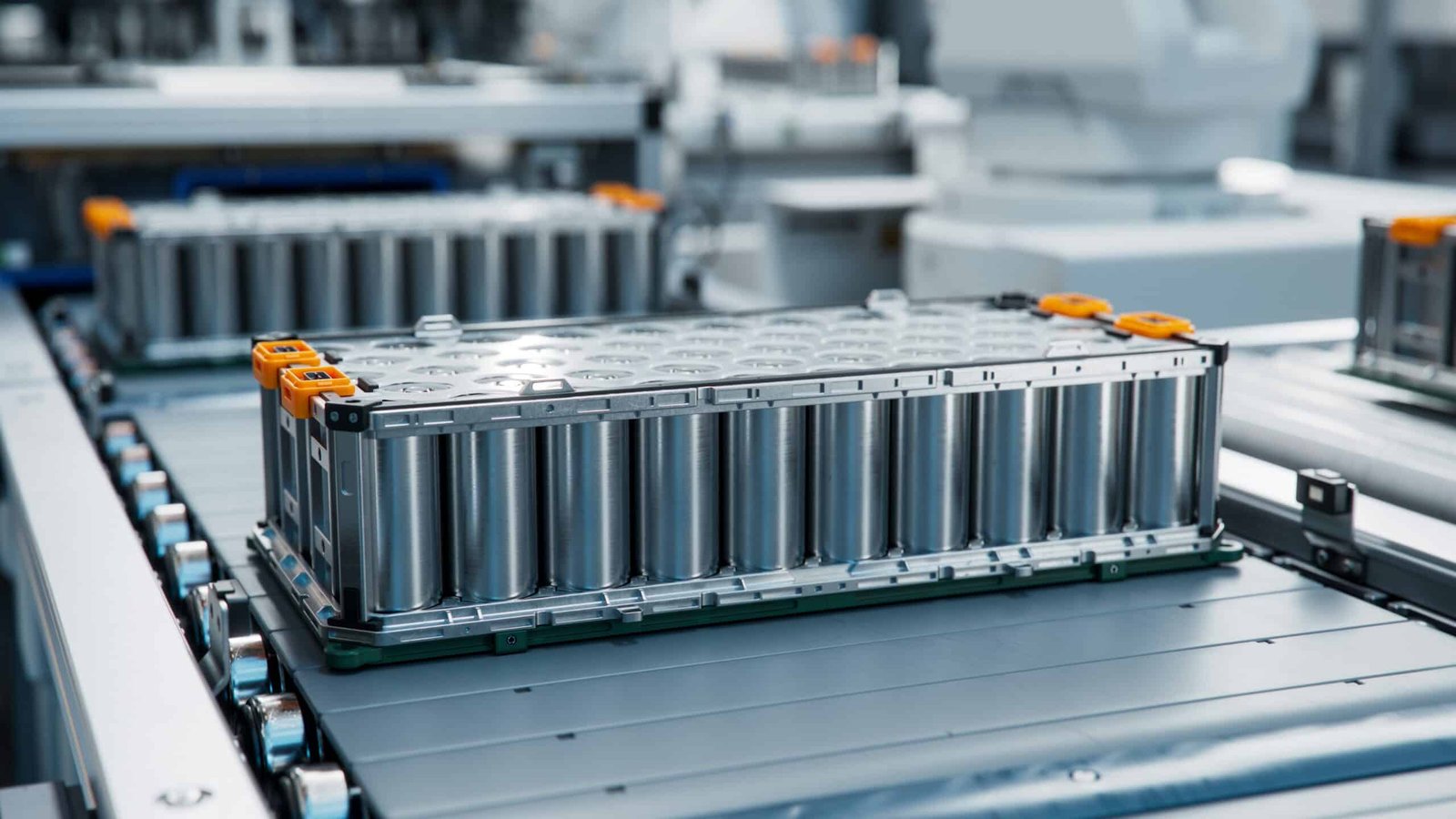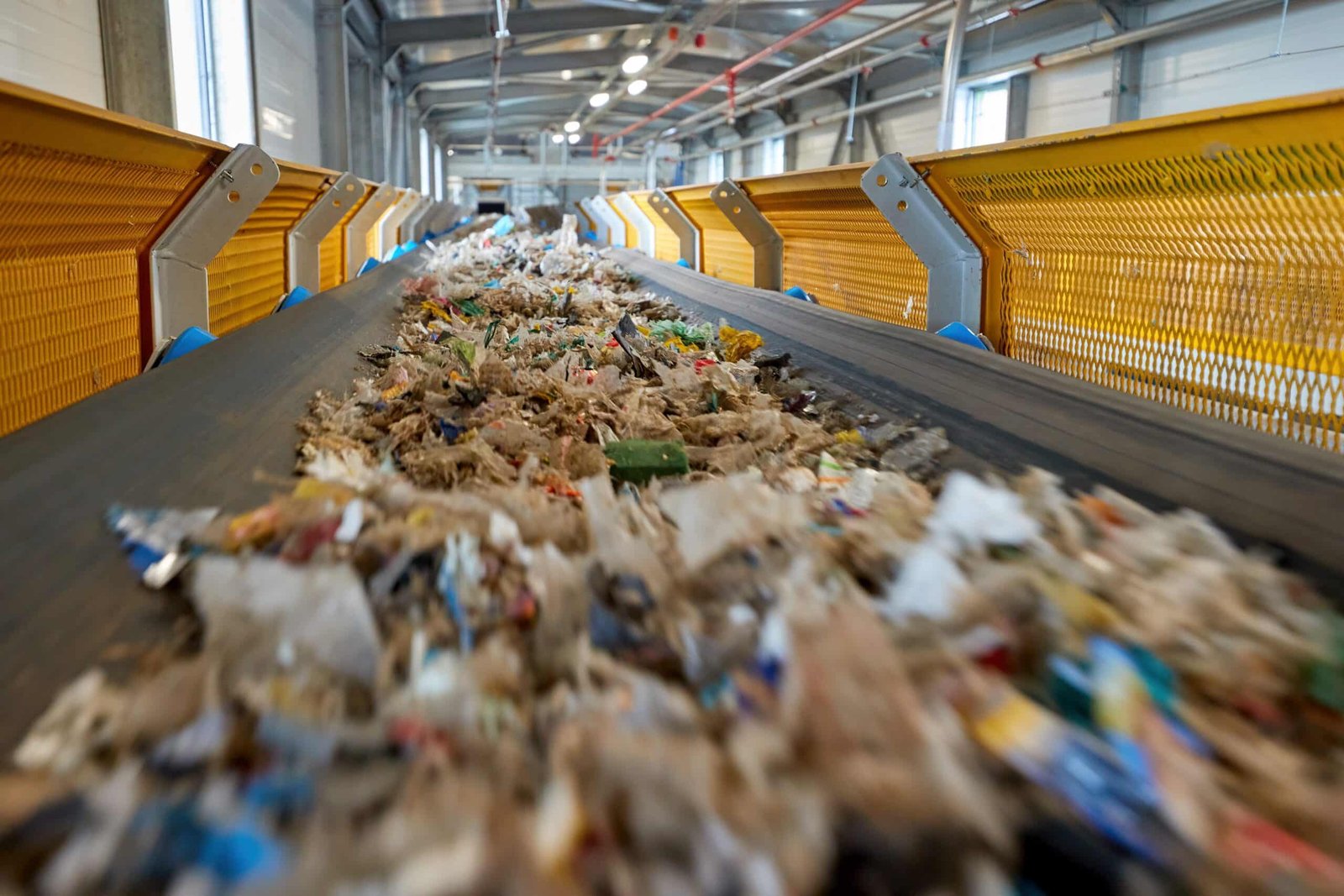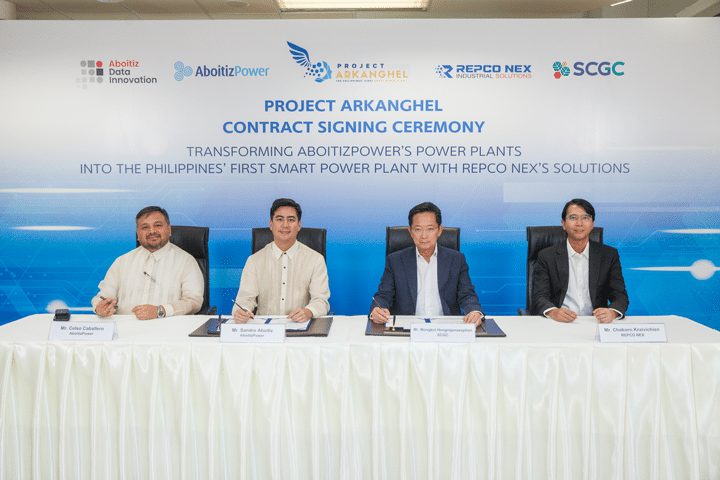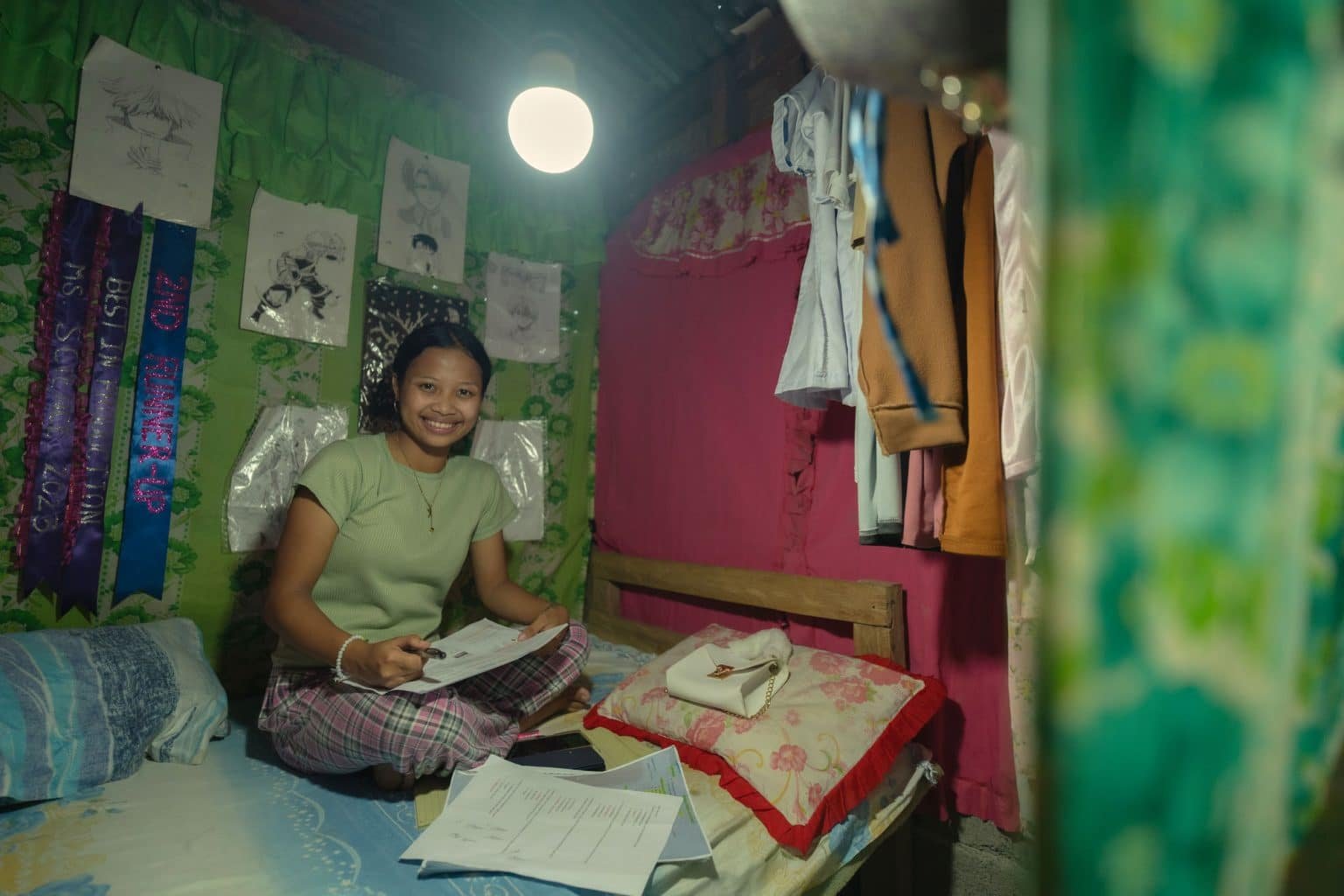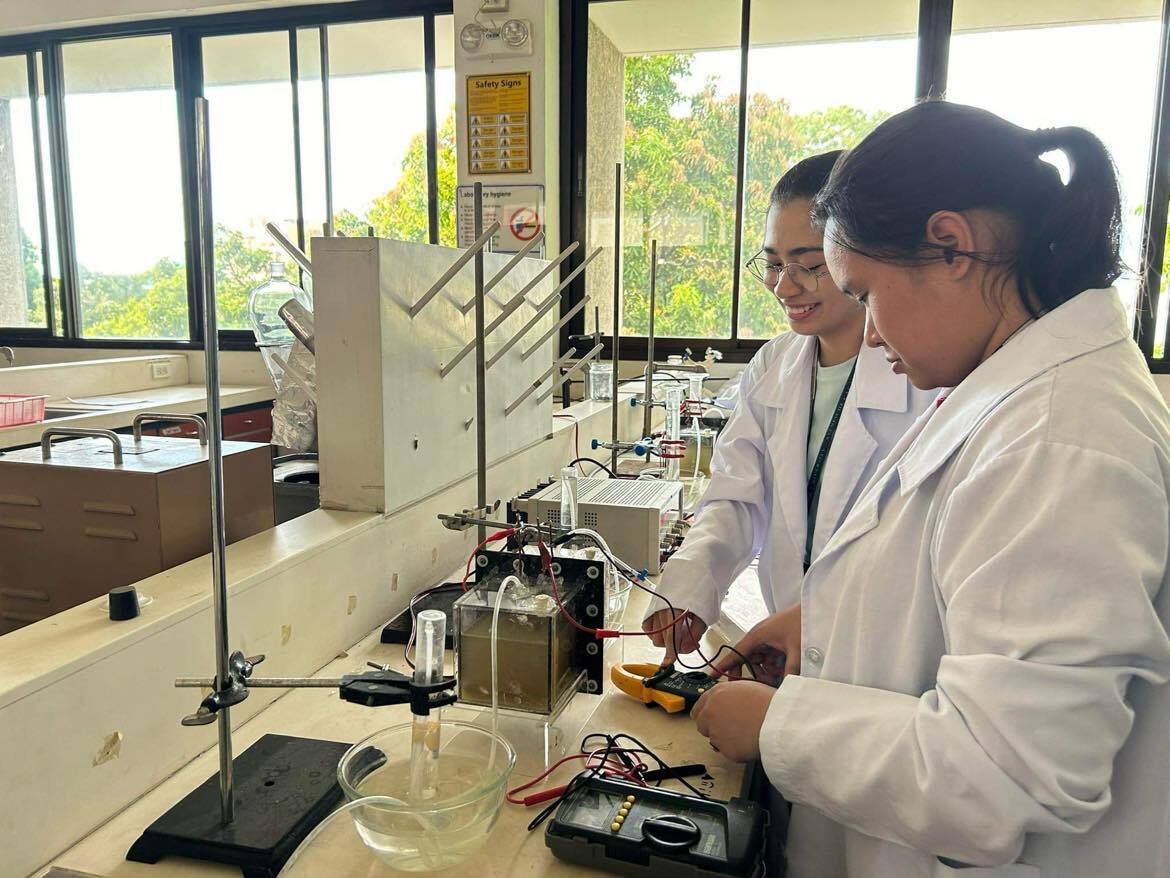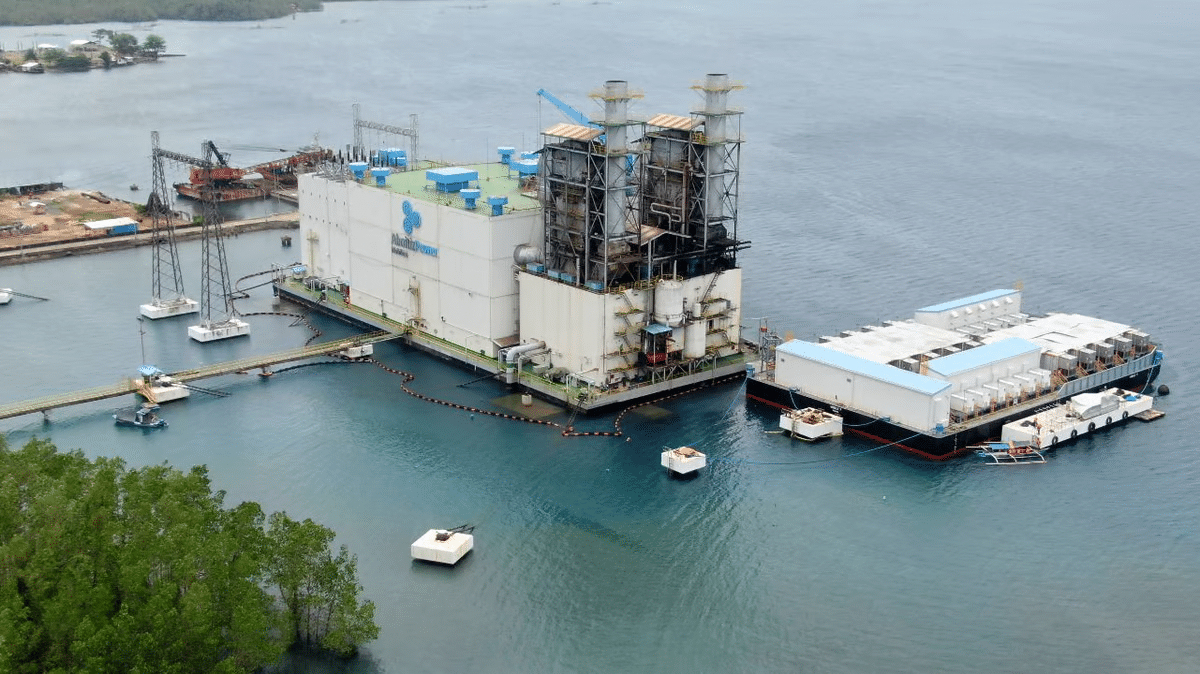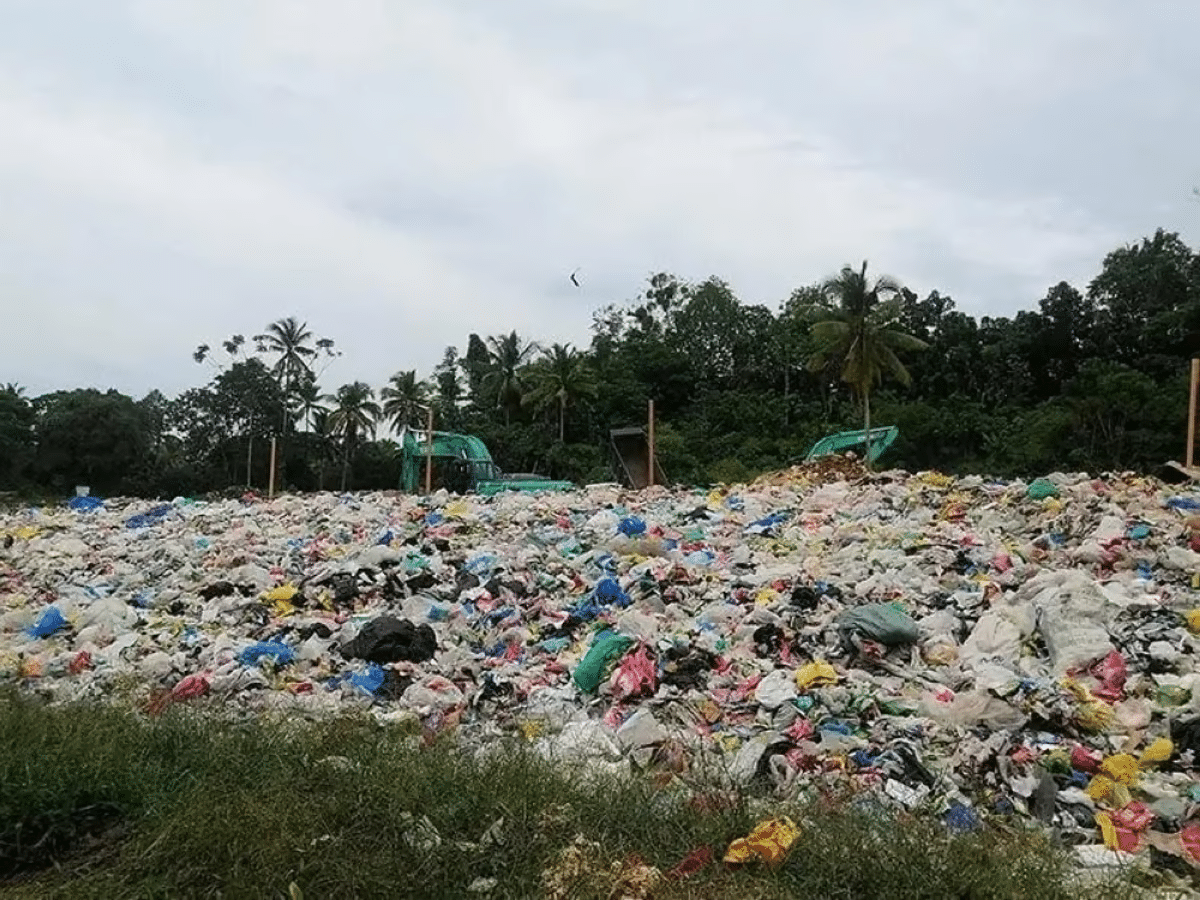
Can a Waste-to-Energy (WTE) facility solve Davao’s landfill issue?
Davao City Councilor Louie John J. Bonguyan believes that the answer is yes. He advocated for the adoption of the WTE system promoted by the Department of Energy (DOE) and embraced by Metro Manila, Rizal, Cavite, and Cebu. The system, designed to burn garbage in order to generate energy, is operating with a combined installed capacity of 9.69 megawatts in these areas.
Addressing concerns of WTE facilities producing carbon emissions, Councilor Bonguyan assured that the proposed WTE plant would operate under strict regulation.
“If the project complies with all our environmental laws in the Philippines, then it’s acceptable,” he said during the “Aprubado sa Konseho” session on May 21, 2024, at the Sangguniang Panlungsod. “However, if it doesn’t meet our standards, we won’t implement it in Davao City. It should be something we’re proud of,” he stressed.
Strict Standards
DOE department circular 2022-02-0002 states that installation of WTE facilities should be done in coordination with the Department of Environment and Natural Resources (DENR). This means that WTE plants in the country should adhere to the standards set by the DENR.
Bonguyan assured everyone that environmental standards would be met, comparing it to Japan’s system where real-time monitoring of carbon dioxide emissions automatically shuts down plants if they exceed limits.
He acknowledged Japan’s financial support for the project but stressed the importance of significant local funding to match it. He pointed out that the local government unit (LGU) and relevant ordinances are ready, just waiting for confirmation and funding from the national government.
The proposed waste-to-energy (WTE) site in Biao Escuela, Davao City, will cover 10 hectares and also include an eco-township with various activities, like recycling.
Foreign Investments
Responding to concerns about an Australian company’s interest in non-incineration waste technology, Bonguyan clarified that his committee has only discussed the Japan-funded WTE project.
Meanwhile, Councilor Temujin “Tek” Ocampo is expected to present the Australian firm’s proposal, which involves building a 50-megawatt plant, larger than the Japan-funded 12-megawatt one.
The local environmental group Interfacing Development Interventions for Sustainability (Idis) opposes the WTE project, arguing that incineration or alternative heating methods would still produce harmful chemicals. Mark Peñalver, Idis’s executive director, advocates for eco-friendly initiatives and stricter environmental regulations as the real solutions to Davao City’s waste problem.

